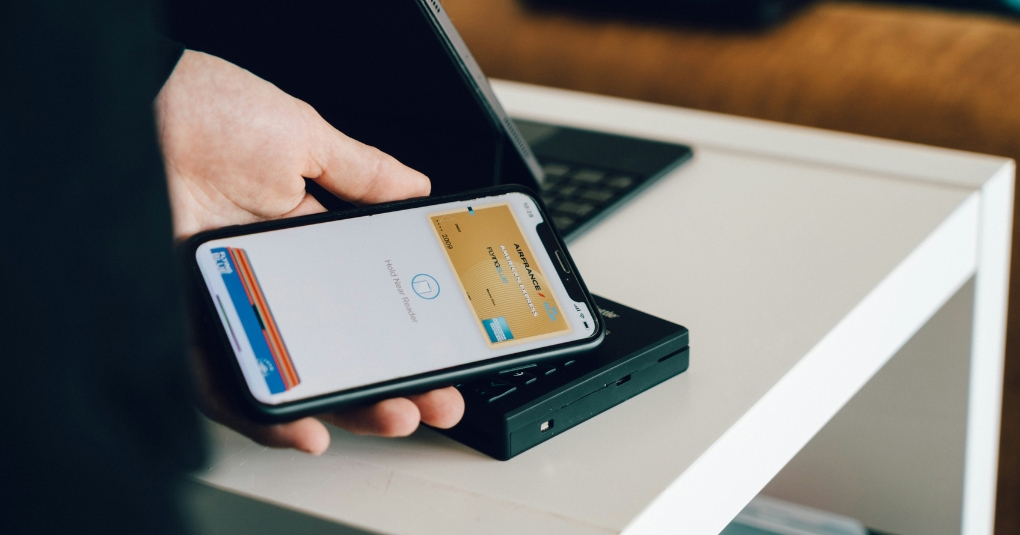As technology continues to advance, the way we make payments is rapidly changing. Digital Money or Digital Currency, is a form of payment that is becoming increasingly popular due to its convenience and security. Digital money can help for a variety of reasons, from buying goods and services online to transferring funds internationally to investing in the stock market. All of these activities can be done with the click of a mouse or the tap of a smartphone.
In this article, we will discuss the potential of digital money as the future of payments and explore how it can benefit both businesses and consumers.
What is Digital Money?
Digital Money or Digital Currency, is a form of money that exists only in digital form. It can be helpful to buy goods and services, transfer funds, and even invest in the stock market. A government or a central bank does not issue digital money. Instead, it is created through a process called “mining” which involves computers solving complex algorithms. There are many different types of digital money, including Bitcoin, Ethereum, Litecoin, and Ripple.
The most common form of digital money is Bitcoin, which is the world’s first decentralized digital currency. Bitcoin has become the most popular form of digital money due to its secure, decentralized nature and its ability to facilitate rapid, international transactions.
Benefits of Digital Money
There are many benefits to using digital money as a form of payment. One of the most significant advantages is its convenience. Digital money can be useful to make purchases online, transfer funds internationally, and even invest in the stock market. Transactions using digital money are also typically much faster than those using traditional forms of payment such as cash or credit cards. Additionally, digital money is much more secure than traditional forms of payment. Transactions are encrypted, meaning they are secure and difficult to counterfeit.
Another benefit of digital money is that it can be beneficial to facilitate international transactions. Also, there is no particular country or geographical region that is limiting Digital money. This makes it much easier for businesses to conduct international trade, as well as for individuals to send money to family members who are living abroad.
Challenges Facing Digital Money
Despite the many benefits of digital money, there are also some challenges to address. One of the main issues is volatility. The value of digital money can fluctuate rapidly, making it difficult to predict its value. Also, there are so many businesses that are not using digital money, making it difficult for consumers to use it to make purchases.
How Businesses Can Make Use of Digital Money
Despite the challenges, businesses can still make use of digital money. For example, businesses can accept digital money as a form of payment from customers. You can do this through a digital wallet or a payment processor. Therefore, businesses can use digital money to make international payments or to invest in the stock market.
Conclusion
Digital Money or Digital Currency has the potential to revolutionize the way payments are made. Its secure, convenient, and fast nature makes it an attractive option for businesses and consumers alike. While there are still some challenges, such as volatility and acceptance, digital money is becoming increasingly popular and is likely to continue to grow in the future.
Tags:
Digital BankingInvestment BankingAuthor - Imran Khan
Imran Khan is a seasoned writer with a wealth of experience spanning over six years. His professional journey has taken him across diverse industries, allowing him to craft content for a wide array of businesses. Imran's writing is deeply rooted in a profound desire to assist individuals in attaining their aspirations. Whether it's through dispensing actionable insights or weaving inspirational narratives, he is dedicated to empowering his readers on their journey toward self-improvement and personal growth.



